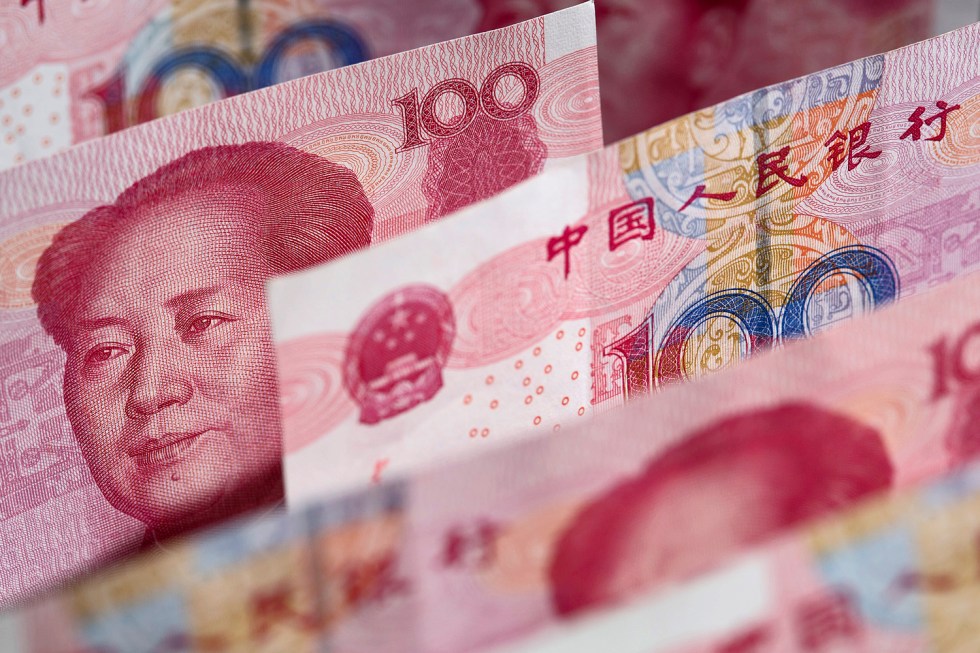According to an announcement from an official for the People’s Bank of China (PBOC), the country is nearly ready to unveil its new central bank digital currency (CBDC).
Centralized Crypto-Currencies
There’s been much talk recently in the Bitcoin space about digital payment technology getting picked up by centralized powers. Facebook Libra’s coin has been all over the news as they attempt to launch their own dollar-pegged crypto-currency while navigating the United State’s often confusing regulatory framework surround Bitcoin and other crypto-currencies.
Now, it looks like one of the biggest economies in the work is working to launch their own crypto-currency network. Mu Changchun, Deputy Chief in the Payment and Settlement Division of the PBOC, said in an announcement that the CBDC prototype is complete running on a blockchain infrastructure back-end with some slight modifications.
At the China Finance 40 group meeting yesterday, a gathering of executives from top banks and state officials, Changchun he said that “People’s Bank digital currency can now be said to be ready.
Changchun reported that the system has been in development since 2014, which just so happens to be around the time Bitcoin’s price rose to the four-digit mark. That may have been the thing to catch their attention.
More Economic Freedom?
There is a range of views on centralized crypto-currencies on whether or not their good or dangerous. All over the world, many countries are moving in a “cash-free” direction. Emphasis on digital payments is being pushed by many countries in an effort to fight money laundering and other financial crimes.
For example, the European Union passed legislation last year making it illegal to make transactions over 10,000 Euro in cash. If central bank digital currencies are pushed successfully by national governments, we could live in a world where every transaction needs state approval to happen. Those who the government disagrees with could see their transactions censored, their addresses essentially frozen as the state wouldn’t allow that address to transact.
On the other hand, it could lead to less corruption higher up in the government. A system where all transactions are public could allow the public to audit government finances itself, thanks to the transparent nature of a blockchain. If a state official tries to embezzle or misappropriates money, the rest of the country would be able to prove it easily.
What do you think about state-backed coins? Is this the direction crypto-currencies will go or is it a last-ditch effort by governments to retain control? Let us know in the comments down below!
Images Courtesy of Bitcoinist Media Library
